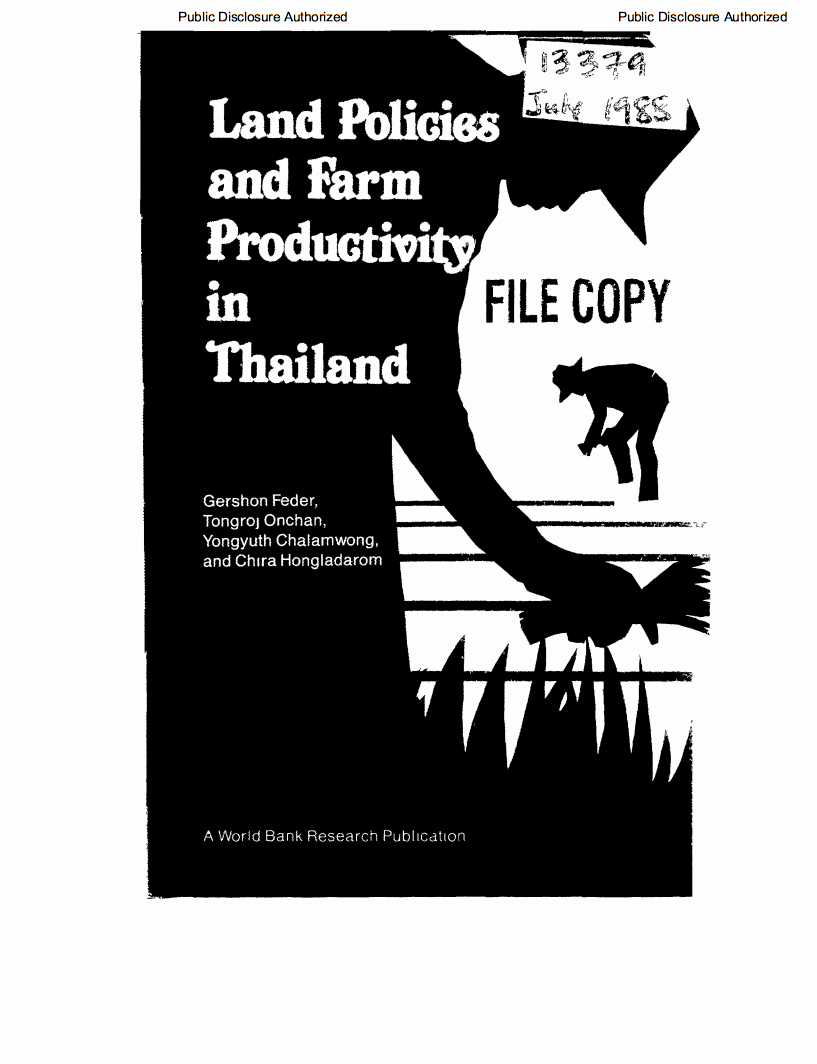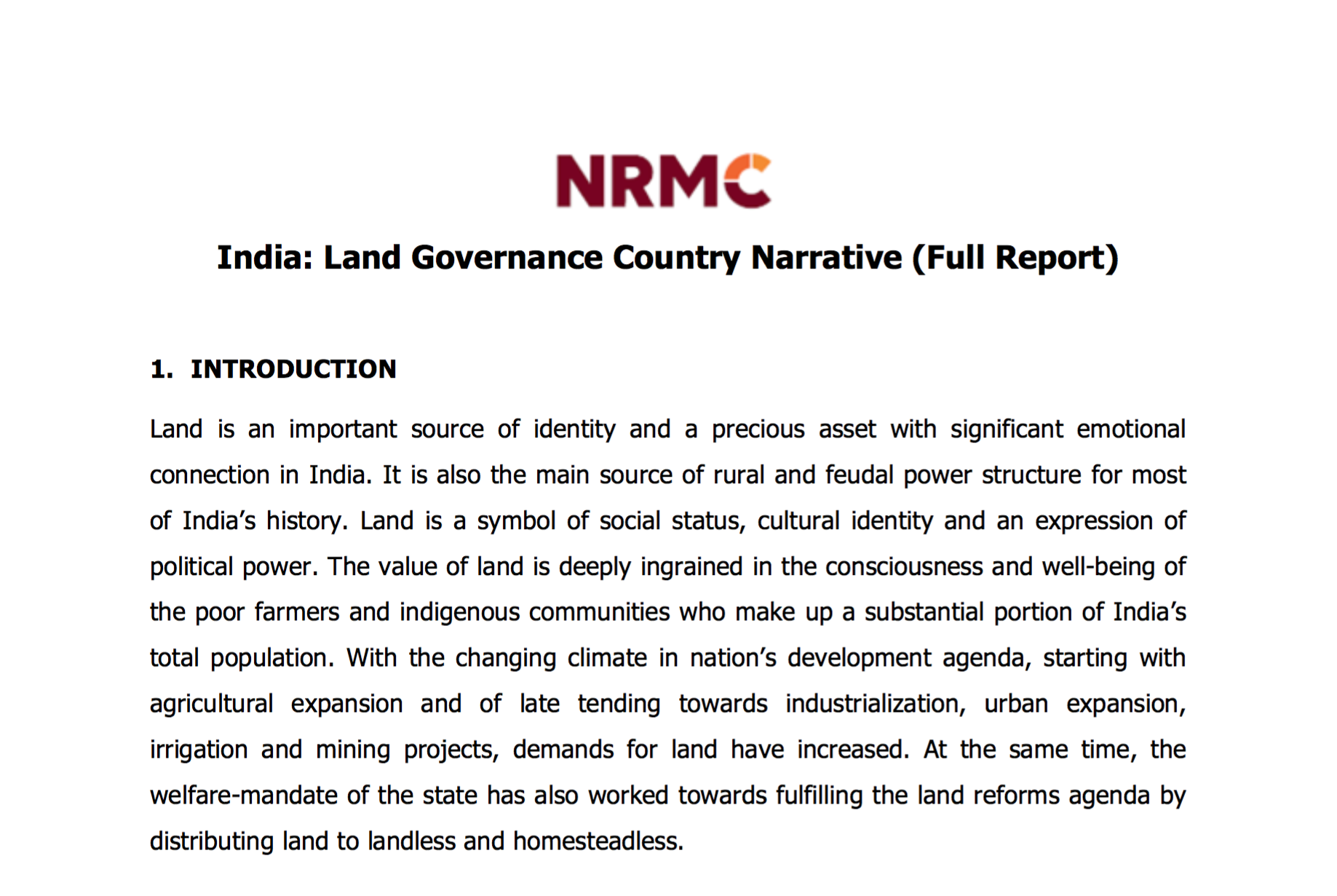Land concessions and rural youth in southern Laos
Scholars have produced valuable insights on the question of recent “land grabbing” in the global South. They have, however, insufficiently studied the issue from below, particularly from the point of view of a crucial group in the land conundrum: the rural youth. This paper brings to the fore the perspectives of Laotian rural youngsters amidst a hasty agrarian transition, in which the borisat (company) –in the form of large monoculture plantations– has permeated both the physical landscape and the daily narratives of people.




